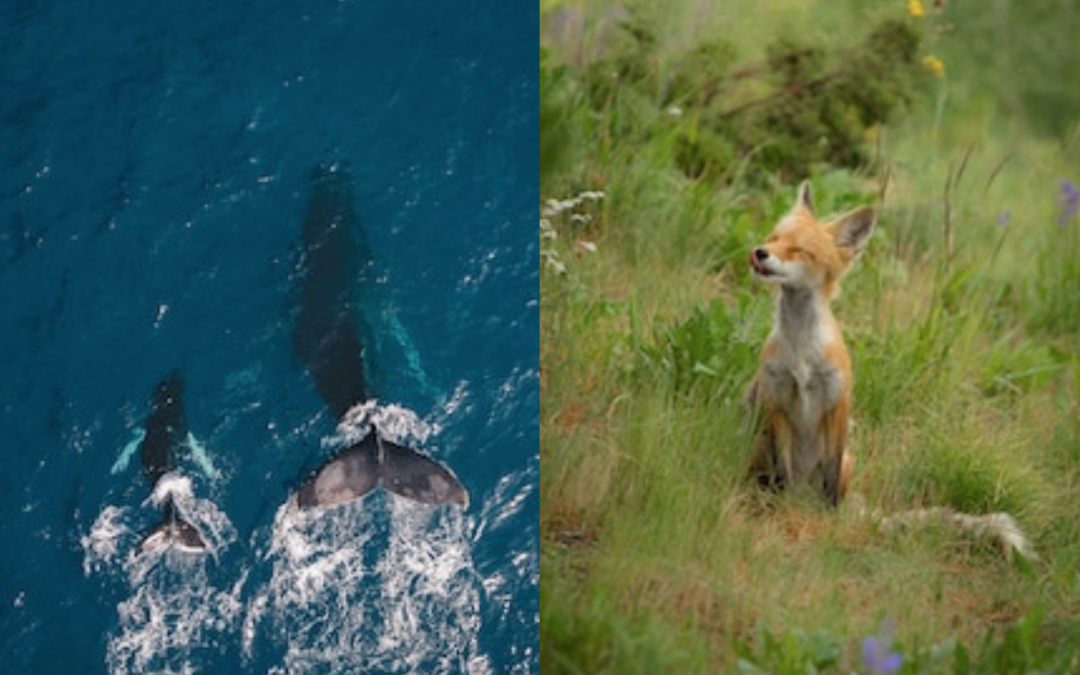
by radiocafe | Sep 23, 2019 | Activism, Santa Fe New Mexican
Two brilliant and controversial activists talk about their decades of fighting for the lives of sea and land creatures–and the victories that have come from positioning themselves far outside the mainstream.
Learn more & listen …

by radiocafe | Sep 19, 2019 | Santa Fe New Mexican, Science & health
Lauren Ancel Meyers combines a deep knowledge of biology and statistics and biology to create models that help us deal with seasonal epidemics like influenza and major worldwide pandemics.
Learn more & listen …

by radiocafe | Sep 17, 2019 | Books, Santa Fe New Mexican, Science & health
And what do we mean by “intelligence,” anyway? If there were, how would they get here, and why would they want to? We talk to astrophysicist Paul Davies about his lifelong exploration of these questions.
Learn more & listen …
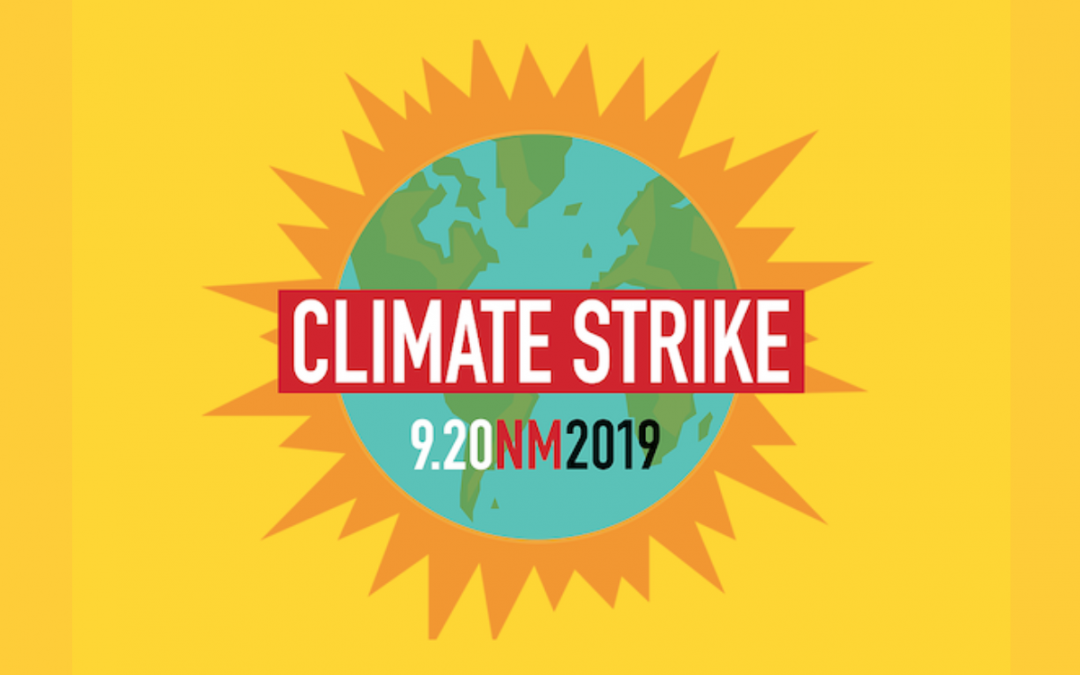
by radiocafe | Sep 12, 2019 | Activism, New Mexico, Santa Fe New Mexican
Who are the adults in the room? The kids, apparently. We talk to four young New Mexicans taking action against climate disruption. They’re part of a world-wide climate strike on September 20.
Learn more & listen …
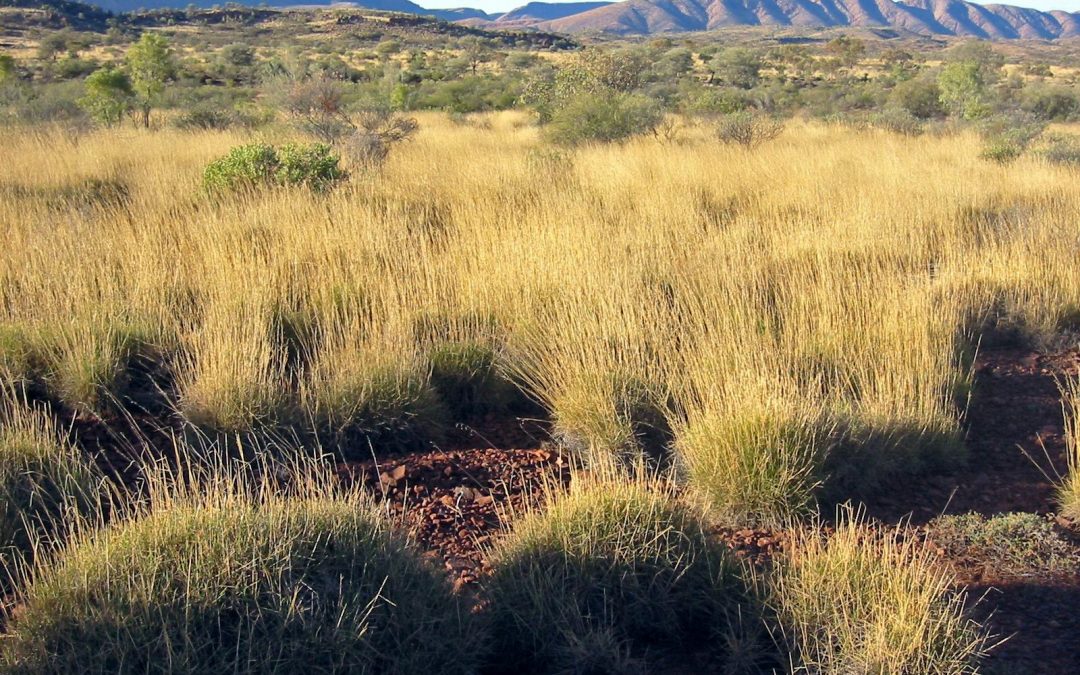
by radiocafe | Sep 10, 2019 | Down to Earth
Graeme Hand teaches Holistic Management, and how to restore grasslands with cattle–and his techniques might surprise you!
Learn more …

by radiocafe | Sep 9, 2019 | Activism, Native & indigenous, New Mexico, Race/class/gender, Santa Fe New Mexican
There are no limits to what a group of women can do when they get together–and organize. Corrine Sanchez of Tewa Women United tells about three decades of activism, mutual support, and social change.
Learn more & listen …

by radiocafe | Sep 5, 2019 | Books, Santa Fe New Mexican
Jason Rezaian and his wife were taken from their home at gunpoint and accused of a bizarre list of crimes. Rezaian writes about his harrowing imprisonment–and the team effort it took to secure his release.
Learn more & listen …

by radiocafe | Aug 30, 2019 | Activism, Books, New Mexico, Santa Fe New Mexican
An eight-year-old girl died at the hands of her own mother. Could this have been prevented by better oversight and intervention? Dr. Katherine Ortega Courtney‘s new book is about how many children’s lives could be saved and improved.
Learn more & listen …
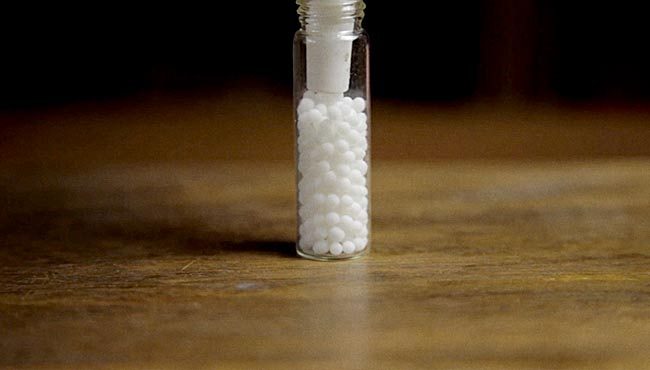
by radiocafe | Aug 27, 2019 | Santa Fe New Mexican
Some say its snake oil. Others say it cured them of serious illness. Is it placebo? Is it scientific? Filmmaker Laurel Chiten‘s documentary explores these questions and surrounding controversies.
Learn more & listen …
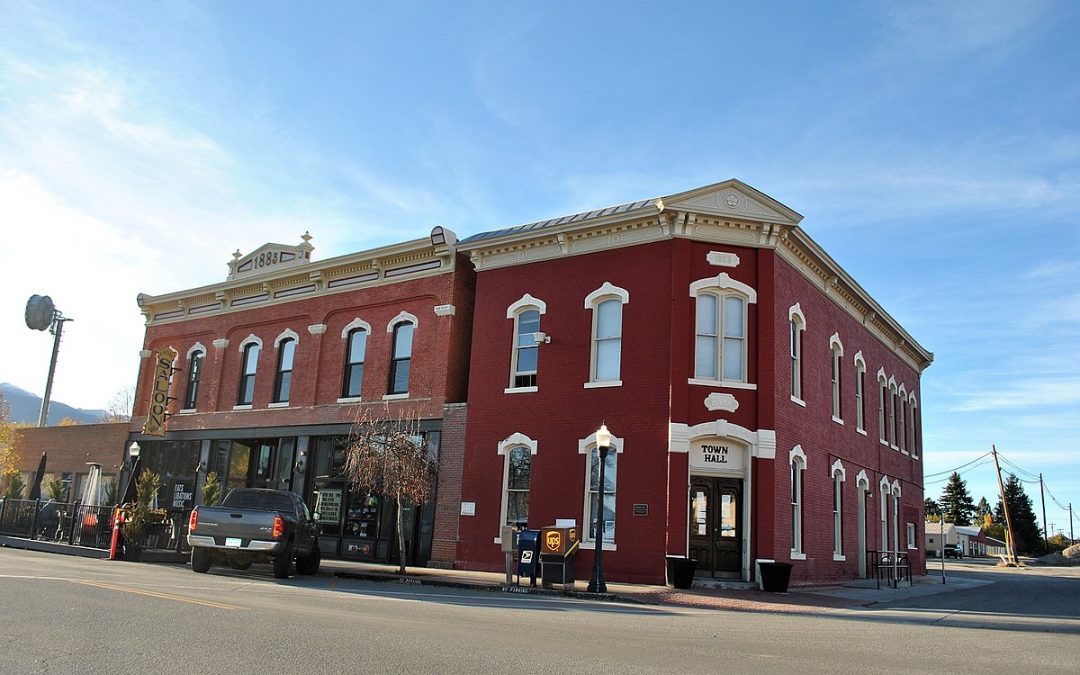
by radiocafe | Aug 27, 2019 | Down to Earth, Politics
Joel Benson applied his training in holistic management to his business, and then to the government of his small town where he was mayor for eight years. The results are inspiring — and remind us of the power of systems thinking.
Learn more …










